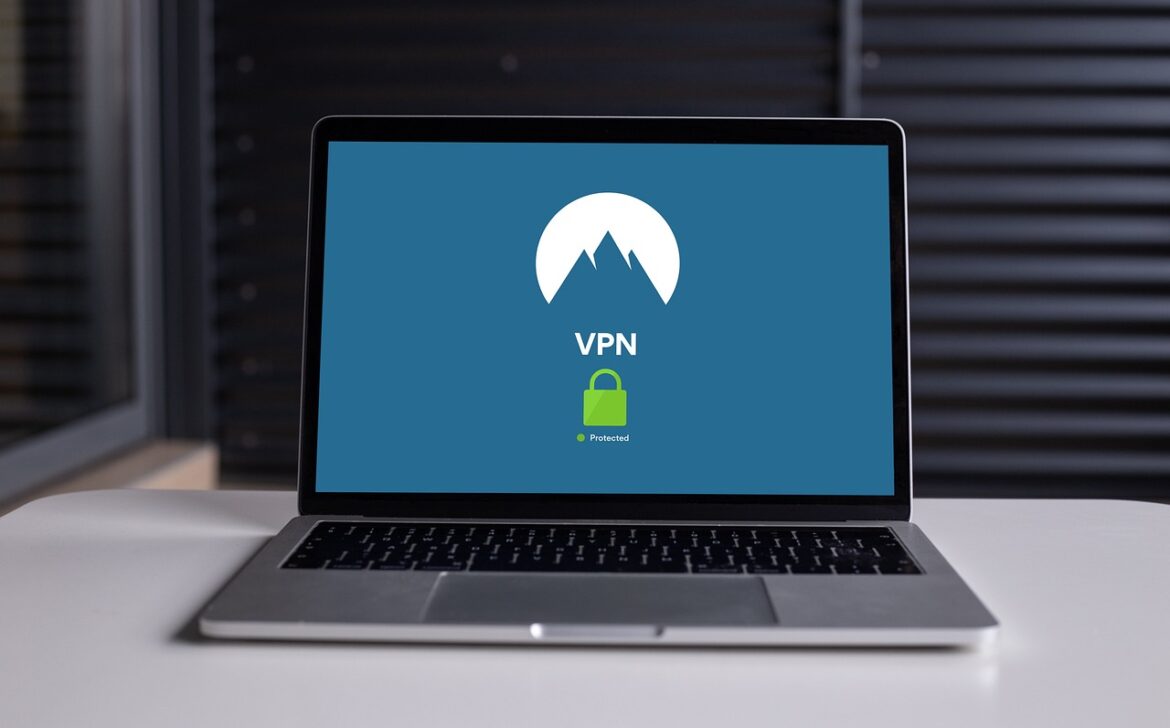Navigating the Digital World Safely: The Power of VPNs Unveiled

In today’s interconnected world, where the internet serves as a gateway to information, communication, and commerce, ensuring your online privacy and security is of paramount importance. This is where Virtual Private Networks (VPNs) come into play. In this blog post, we’ll delve into the world of VPNs, understanding their functionality, benefits, and their role in safeguarding your digital presence.
What is a VPN? Decoding the Basics
A VPN, or Virtual Private Network, is a technology that creates a secure and encrypted connection between your device and a server located elsewhere on the internet. This connection is established through a VPN client installed on your device, which then routes your internet traffic through the VPN server before reaching its destination.
Online Privacy: Shielding Your Digital Footprint
One of the primary reasons individuals and organizations turn to VPNs is to enhance their online privacy. Here’s how a VPN accomplishes this:
- IP Address Concealment: When you connect to a VPN, your real IP address is replaced with the IP address of the VPN server. This masks your true location and makes it difficult for websites and online services to track your activities.
- Data Encryption: VPNs use encryption protocols to scramble your internet traffic. This ensures that even if your data is intercepted, it remains unreadable to anyone without the decryption key.
- Secure Public Wi-Fi: When using public Wi-Fi networks, your data is vulnerable to hackers. By connecting through a VPN, you create a secure tunnel that shields your information from potential eavesdroppers.
Bypassing Geographic Restrictions: Access Without Boundaries
VPNs can also help you bypass geographic restrictions and censorship. Here’s how:
- Access Restricted Content: Some websites and streaming platforms restrict access to specific regions. By connecting to a VPN server in a desired location, you can access content as if you were physically located there.
- Circumvent Censorship: In regions with strict internet censorship, VPNs allow users to access blocked websites and services by routing their traffic through servers in countries with more lenient online policies.
Enhanced Security for Remote Work and Travel
For remote workers and frequent travelers, VPNs provide an extra layer of security:
- Remote Work: When working remotely, you may connect to your company’s network through a VPN, ensuring that your communications and sensitive data are encrypted and protected from cyber threats.
- Public Wi-Fi Protection: While traveling, connecting to public Wi-Fi networks can be risky. A VPN safeguards your data even when using unsecured networks in hotels, cafes, and airports.
Selecting the Right VPN: Factors to Consider
When choosing a VPN service, several factors come into play:
- Security Protocols: Look for VPNs that offer strong encryption protocols like OpenVPN, IKEv2, or WireGuard for optimal data protection.
- Server Locations: The more server locations a VPN provider offers, the better your chances of bypassing geographic restrictions.
- No-Logs Policy: Opt for VPNs that have a strict no-logs policy, meaning they don’t store any information about your online activities.
- Speed and Performance: A reliable VPN should not significantly slow down your internet connection.
- Compatibility: Ensure the VPN is compatible with your devices and operating systems.

